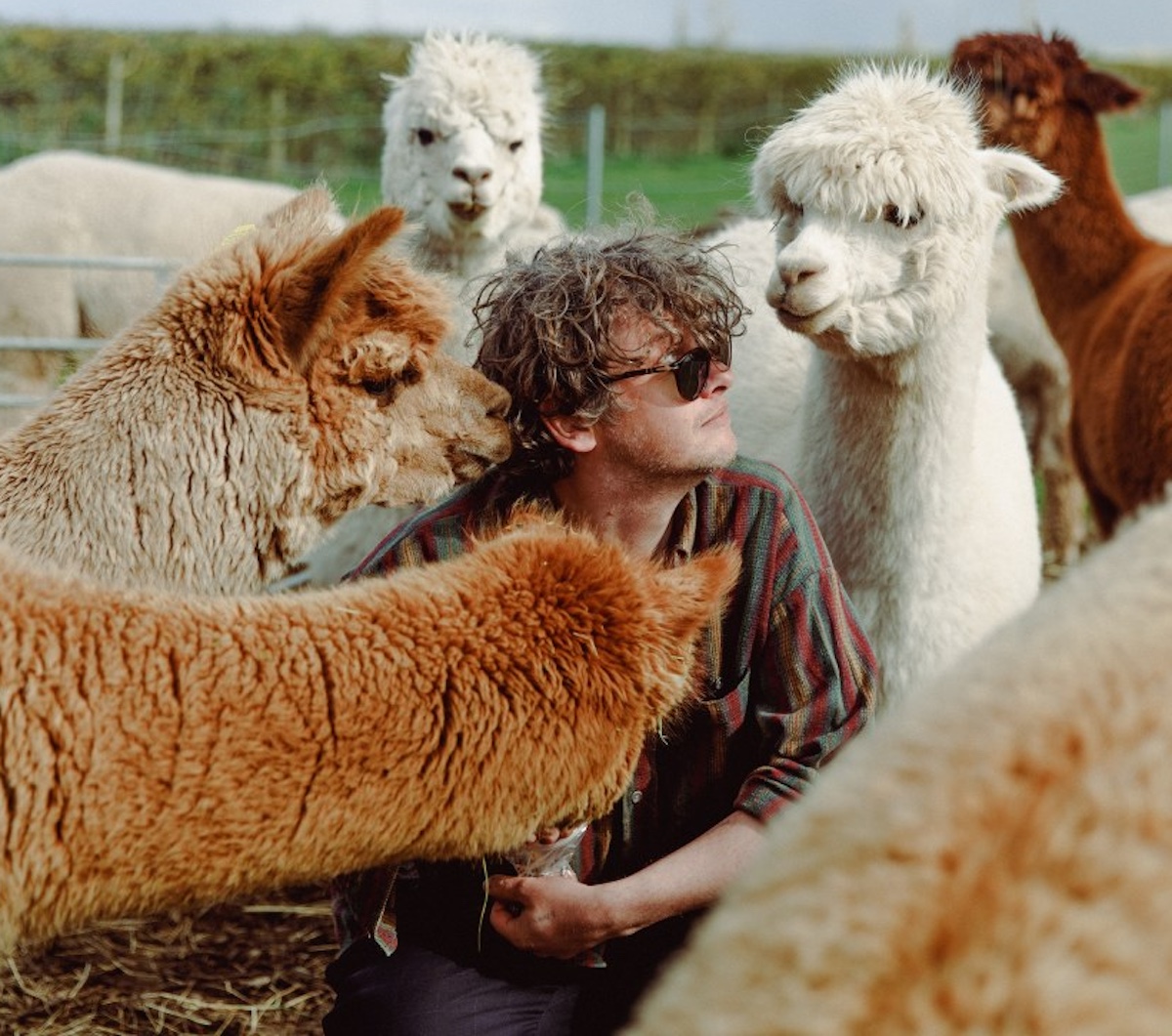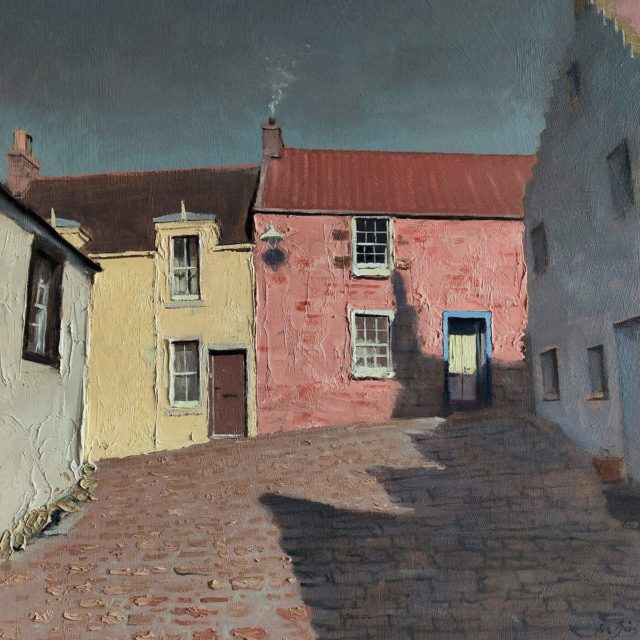THE EDITED PRESS RELEASE: “Bill Ryder-Jones’ fifth album Iechyd Da is a record that is rooted in love, loss, pain, heartache and often a deep darkness, but also one that frequently ends up in places of profound beauty, hope and joy. “I love this album,” says Bill, “I haven’t been this proud of a record since A Bad Wind Blows in My Heart.”
His first new record in five years, Iechyd Da is also his most ambitious LP to date. Beautifully produced, rich in scope, at times joyous, grand and sweeping, at others heartbreaking, intimate and tender. “It’s my most produced record,” adds Ryder-Jones, who from his Yawn studios in West Kirby has recently been producing the likes of Mick Head, Gerry Love and Saint Saviour. “It’s basically me carrying on with myself again, but this time around I’m a bit more competent as a producer.”
Lyrically, Ryder-Jones is also in potent form. At times he celebrates directness, being more open and honest than ever, while other moments are more complex and multi-faceted. He’s always able to seamlessly balance sadness with stunning beauty, and sly self-deprecation with palpable gentleness.
First single This Can’t Go On features strings from a 1978 Flashlight song and captures Ryder-Jones out in the pitch black of night, walking the streets, feeling lost, empty, and “on my way to a breakdown,” as he says. The resulting song however, is a towering piece of music that is bold and expansive, existing in a seamless duality with some of Ryder-Jones’ most vulnerable, exposed and tender lyrics. “I feel like a little boy,” he sings at one point, an admission in vivid contrast to the almost triumphant music that carries those words.

As part of Ryder-Jones’ deeply wide-screen approach to Iechyd Da — he has Mick Head reading Ulysses over an instrumental one moment (…And the Sea…), then samples Brazilian singer Gal Costa (I Know That It’s Like This (Baby)) the next — Bill even got children involved. “I just thought I’d throw the kitchen sink in and get some kids as well,” he says. “It was such a sweet day with them — quite moving. It’s quite funny when kids sing because you can tell they’re just tapped into the energy and not the sound.”
The name of the album means good health in Welsh, while the album’s closing Nos Da — a beautifully woozy lullaby — means goodnight. “My love of Wales has always been there,” he says. “Half of my family is from there, I lost my brother there, all my childhood holidays were in Scotland or Wales. It’s just a magical place with an incredibly beautiful language. Although I did have to go to Gruff Rhys and ask him about calling it this as I’m still very much an Englishman, he OK’d it.
“Over the years my music has lost a bit of its hope I reckon,” he contemplates. “It was important for me to make a record that had more hope in it. Even by my standards the last few years have been rocky, but I’ve chosen to soundtrack it with more positive music, you know?… It’s been incredible making this Despite all the life stuff that’s happened, it has brought me immense happiness. I’ve always railed against it when people ask if making a record is cathartic but I’d have to admit that this one really was.”
Iechyd Da, indeed.”









































